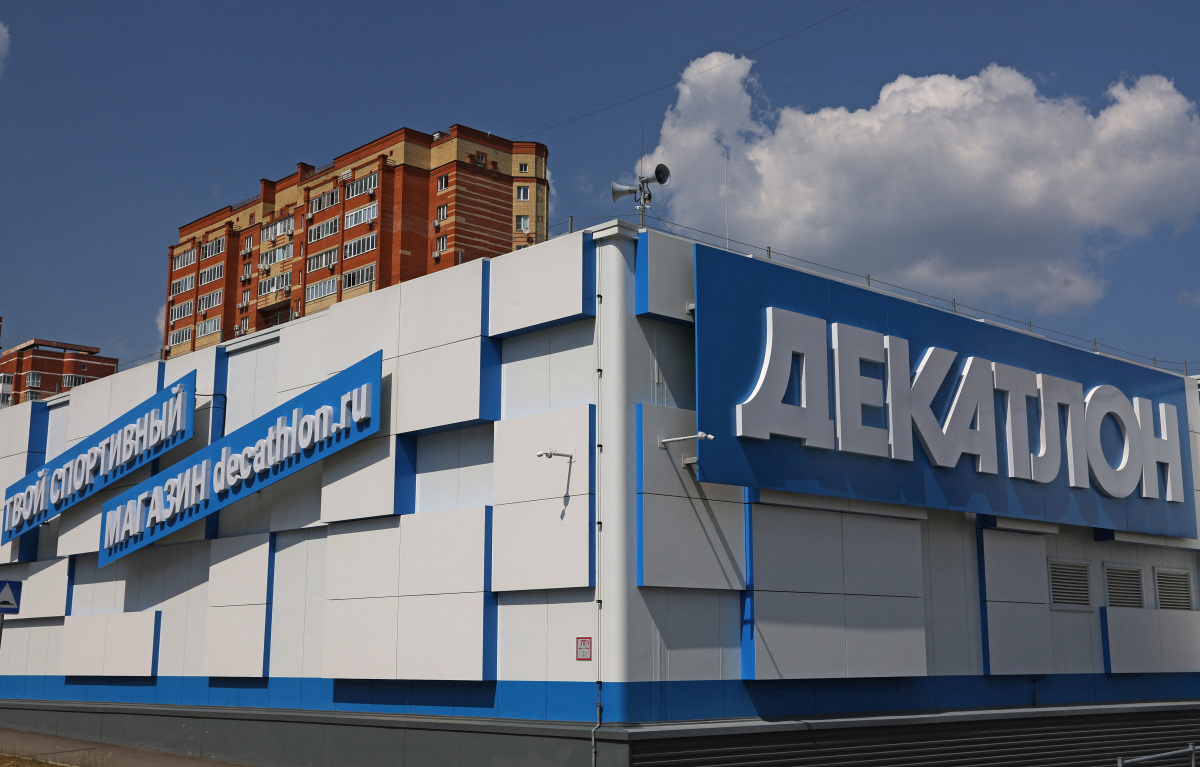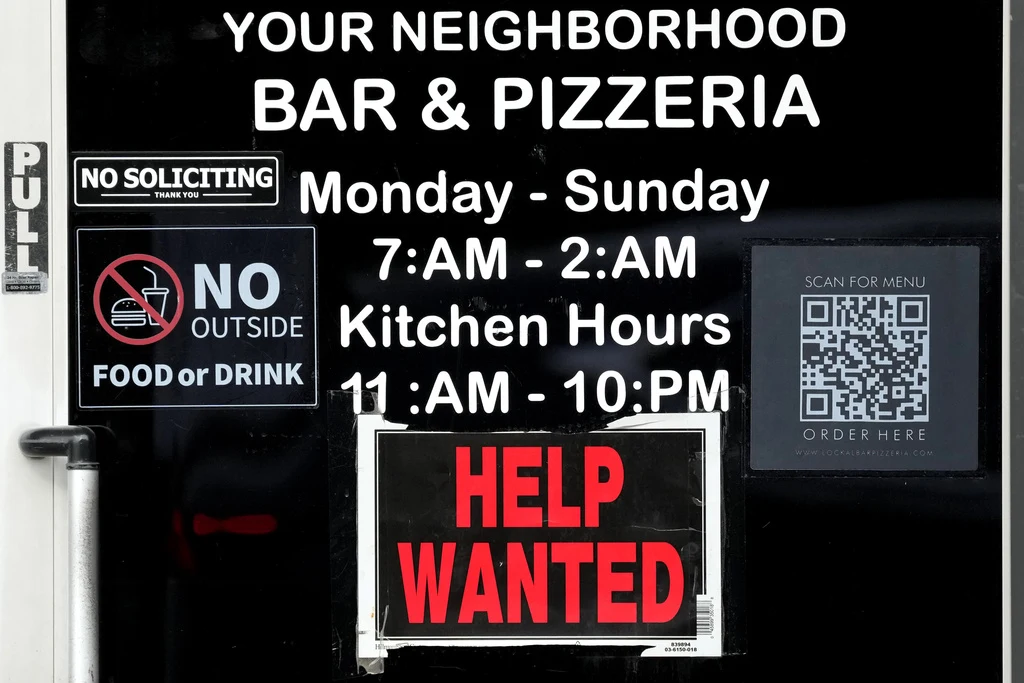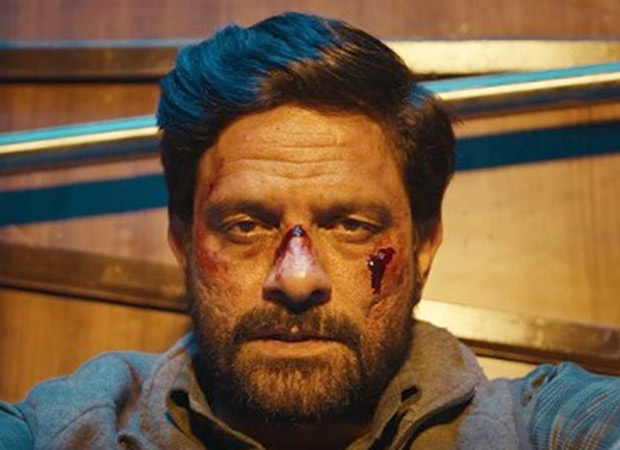This month, the UK and its allies, including the US and other member-states of NATO, implemented a new string of restrictions on Russia’s economy.
The additional restrictions on Russia’s imports and export licences, marked the most severe sanctions ever imposed on a major country.
The sanctions have been prompted by Moscow’s full-scale invasion of Ukraine, which it launched in February 2022, and prohibit brands from selling stocks in Russia.
The EU and UK sanctions criminalise the delivery of weapons, luxury goods, electrical products or any piece of equipment that could be used by Russia in its assault on Ukraine.
While sporting articles are not on the list of sanctioned goods, after declaring that it would withdraw its stores from the Russian market, French sports retail giant Decathlon has continued to sell its clothes in Russia.
Since 2006, Decathlon has had stores in Russia – with the first opening in the nations capital, Moscow.
A recent investigative report, conducted by the non-profit newsroom Disclose, found that in October this year, the athletic brand had sold 60 of its outlets in Russia to Desport.
Desport, a Russian company, said that the company is planning on launching its online store in the near future.
The ARM company also announced that its athletic stocks will include the new chain’s brand, together with other garments belonging to well-known brands.
“Desport stores will open their doors in December this year, and the assortment will be formed as the goods arrive,” Desport reported.
While Decathlon claims to have closed its Russian stores since 2022, the Disclose report exposed the brand for “very discreetly” having a “secret contract”.
According to the NGO newsroom, the French sporting giant has “set up an opaque system to continue selling its products in Russia”.
In light of internal documents that have been seen by Disclose investigators, the non-profit media outlet revealed that Decathlon “has pocketed at least $12 million” – using a shell company in Dubai and a Singapore-based subsidiary.
The Disclose report said: “After conducting an investigation based on internal company documents, open-source videos and testimonies from several former employees, Disclose can reveal that Decathlon has set up a large system to conceal its exports under a supply contract with Desport for at least $12 million.”
A former employee of Decathlon told the investigative reporters: “I heard that Decathlon wanted to keep selling its products in Russia in the summer of 2023. I immediately realised that this was a secret project.”
According to the source, who noted that they had recently left the company, the workers “were not allowed to talk about it with our colleagues”.
“For those of us in the know, using the word ‘Russia’ was banned. We had to use a code name: ‘Sports R”, they added.
Responding to the allegations, Decathlon claimed that it “operates no stores in the Russian Federation, employs no staff and owns no stakes in active companies in the country”.
The French sporting giant went on to explain that it was doing “everything to stop the resale on Russian Federation territory of products purchased in Europe by third parties”.
However, in its report, Disclose said that, in an email that was sent by a Production Manager working for Decathlon in Europe, the employee announces to colleagues that there will be a signing of a “supply contract with the new [Russian] buyer”.
In a second email, which was published as evidence in the non-profit report, the Production Manager announces the brand’s strategic diversion of some products heading to European stores.
“For orders meant to be sent to Europe, please put some aside for Russia,” the email reads.
Closing the email, the Production Manager names the brands’ Chief Financial Officer, as he writes that the brand had been given “full support from Jean-Marc Lemiere”.
After being contacted for a comment, Jean-Marc Lemiere has not responded.







